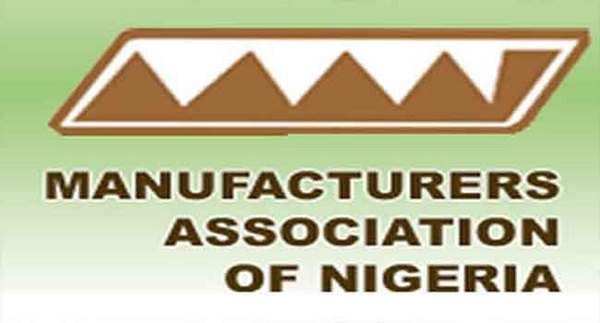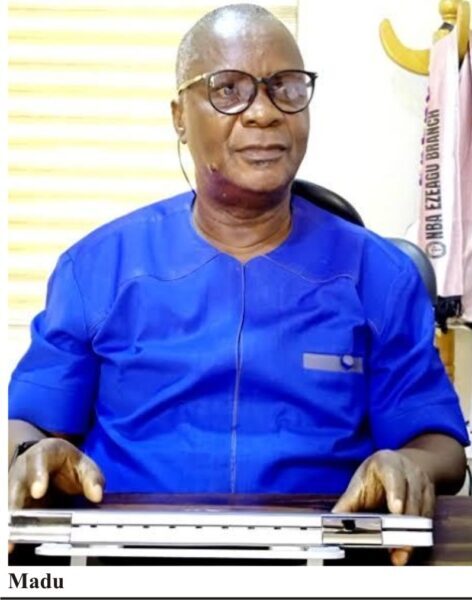New import process guidelines take effect July 11

The Federal Government will begin to track goods that come into the country from July 11, to ensure compliance with the reviewed guidelines on import procedures.
The Nigerian Customs Service memo on further requirements to Federal Ministry of Finance ref F.194600/TR/IG/1/174 dated April 11, 2017, indicated that used spare parts must be packed in cases and the cases put atop pallets.
The new guidelines are primarily to avert unnecessary delays at the ports, as processes become cumbersome at the ports due to the haphazard manner in which goods are packed in containers. Different types of goods are just dumped in the container and imported into Nigeria, thus slowing the pace of physical examination and making it impossible for modern equipment to be used to examine containers.
Other requirements are that; vehicular imports should have the complete and correct 17 digits VIN inscribed on the Bill of Lading; all form M goods should have the Form M number clearly stated on the Bill of Lading; and all diplomatic/fast track beneficiary good should be indicated on the Bill of Lading.
“Implementation date for this instruction is arrival in any Nigerian port on July 11, 2017,” it stated.The Deputy Comptroller of Customs and spokesman of the Service, Jerry Attah, had earlier explained that the step was taken to achieve set targets, when the Department of Home Finance of the Federal Ministry of Finance revised Nigeria’s Import and Export Guidelines following a directive from the Minister of Finance, Mrs. Kemi Adeosun, to streamline current procedures.
According to him, the guidelines addressed some of the issues causing inefficiency and delays at the ports, while many of the newly inserted clauses in the Guidelines relate directly to the operations of the NCS.
Giving more details on the clauses, Attah said: “The NCS is now required to schedule and coordinate the Mandatory Joint Examinations and sign-off Form Mto ensure that there is only one point of contact between importers and officials.
“Before this intervention, the burden was on importers to reach out to all relevant agencies and the Terminal Operator to schedule a suitable time for the joint examination of cargo. We have however decided to take this tedious process off the backs of the importers and coordinate same.
“Similarly, the minimum cargo placement notice time for examination required by Terminal Operators has been reduced from twenty four (24) hours to a maximum of twelve (12) hours. This means that after the NCS agrees with all parties on a suitable time for physical examination, Terminal Operators now only require a twelve (12) hour notice to place the cargo for examination.
“Under the revised Guidelines, Shipping Lines are required to electronically transmit advanced manifest of their cargoes to the NCS and the Nigerian Ports Authority (NPA) as soon as the vessel departs the last port of call – this is to ensure there is enough time for risk assessment, profiling and optimised placement of cargo. NCS Officers will then circulate the cargo manifests to other examination agencies and the Terminal Operators as soon as same are received from the Shipping Lines. Shipping Lines which fail to transmit the advanced cargo manifest may be denied berthing rights.
“The above guideline is critical because one major reason for delays at the ports is the less than optimal cargo placement and offloading processes. Most times, Terminal Operators are unaware of the contents of a container and are thus unable to determine if same requires physical examination or not. With prior knowledge of contents, Terminal Operators can ensure that containers which do not need physical examination and would consequently require less time to offload are placed ahead of those that will require examination in order to prevent delays and pileup of cargo,” he said.
Attah further said: “To solve that problem, Shipping Lines are now required to ensure that imports into Nigeria are well arranged in pallets. Shipping Lines which fail to ‘palletise’ cargo will be sanctioned and maybe asked to take back onboard the non-palletised cargo.
“Even beyond the 60-Day Plan, which came to a close on April 21, 2017, the NCS is already collaborating with other stakeholders to further reform the import and export processes.
Our efforts are strengthened by the complete support of the Federal Government, through the PEBEC, chaired by His Excellency, Vice President Yemi Osinbajo; the Federal Ministry of Finance; and other stakeholders.
“Finally, the ongoing move by FG towards the establishment and launch of a National Single Window (NSW) will contribute to the attainment of seamless interface by all stakeholders in the import and export chains. It will achieve an electronic, one-stop shop portal for Nigeria’s cargo clearance procedures.
“We intend to show Nigerian exporters and importers through our actions that the NCS is not just a ‘tax-collecting’ agency, but a progressive partner determined to make it quicker, cheaper and easier for exporters and importers to trade and carry out their legitimate business operations through the Nigerian ports,” he said.







